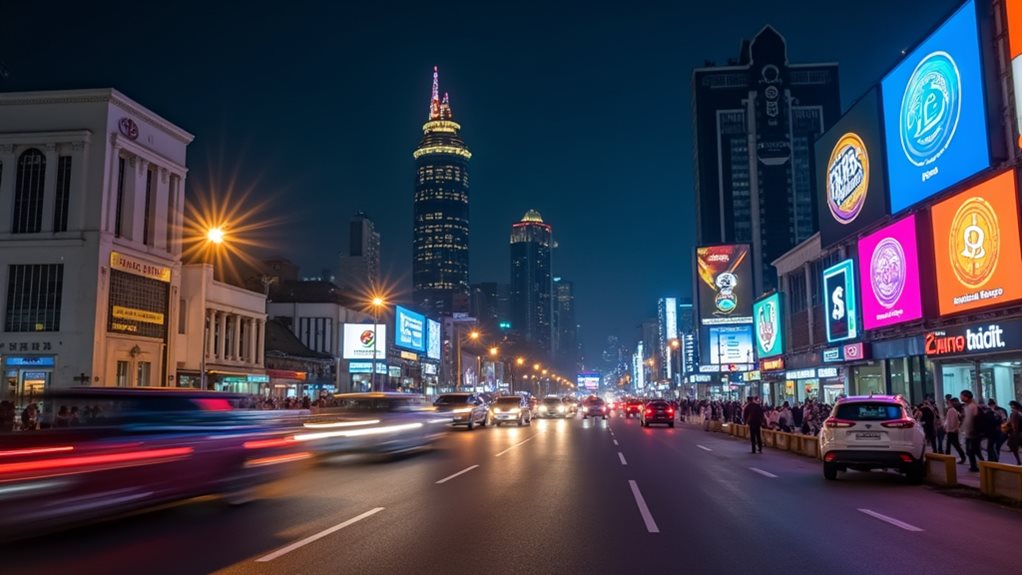Pakistan's crypto gamble could be its economic lifeline – or another spectacular stumble. With 60% of its population under 30 and already ranking ninth globally in crypto adoption, the nation's sudden embrace of digital assets isn't completely crazy. The government is rolling out ambitious plans: a Virtual Assets Bill, regulatory framework, and even special crypto zones. For a country drowning in financial troubles, this tech-savvy pivot might just be wild enough to work.

Cryptocurrencies are finally getting their moment in Pakistan. The government's dramatic shift from crypto-skeptic to crypto-enthusiast isn't just another policy change – it's a desperate grab for economic survival. With a new regulatory framework in the works and a national crypto council taking shape, Pakistan is betting big on digital assets to pull itself out of its financial mess.
Pakistan's crypto pivot shows a nation willing to gamble on digital assets to escape economic turmoil.
Let's be real: Pakistan needs foreign investment badly. The country's looking at its tech-savvy youth population and thinking, "Hey, we could work with this." They're not wrong. With 60% of its population under 30 and ranking ninth globally in crypto adoption, Pakistan's got something interesting brewing. About 15-20 million Pakistanis are already dabbling in digital assets, regulations or not. The recently formed Pakistan Crypto Council will oversee the integration of blockchain technology into the nation's financial framework. The announcement by Bilal Bin Saqib confirms the government's commitment to this digital transformation.
The Virtual Assets Bill 2025 is coming, and it's bringing friends – a regulatory commission, compliance rules, and yes, actual penalties for rule-breakers. With MiCA framework setting precedents in the EU, Pakistan aims to align with global standards. They're not messing around this time. The government's even planning fancy "Virtual Asset Zones" to lure in international investors. It's like building a crypto playground, but with strict supervision.
Blockchain technology is sneaking into everything from land records to charity systems. The State Bank of Pakistan's jumping on the bandwagon too, with plans for a retail-focused central bank digital currency by late 2025. Because apparently, regular digital payments are too mainstream now.
Pakistan's aiming to outshine its neighbors, especially India, in the crypto race. Bold move for a country dealing with a fiscal crisis. But here's the kicker – it might actually work. With low operational costs and a growing "Web3-native workforce," they're positioning themselves as the next crypto hub in South Asia.
Sure, there are challenges. Anti-money laundering rules need to be followed, and international watchdogs like FATF are keeping a close eye. But Pakistan's made its choice: embrace crypto or risk getting left behind in the digital dust. It's a gamble, but sometimes the biggest risks bring the biggest rewards. Or the biggest headaches. Only time will tell.









